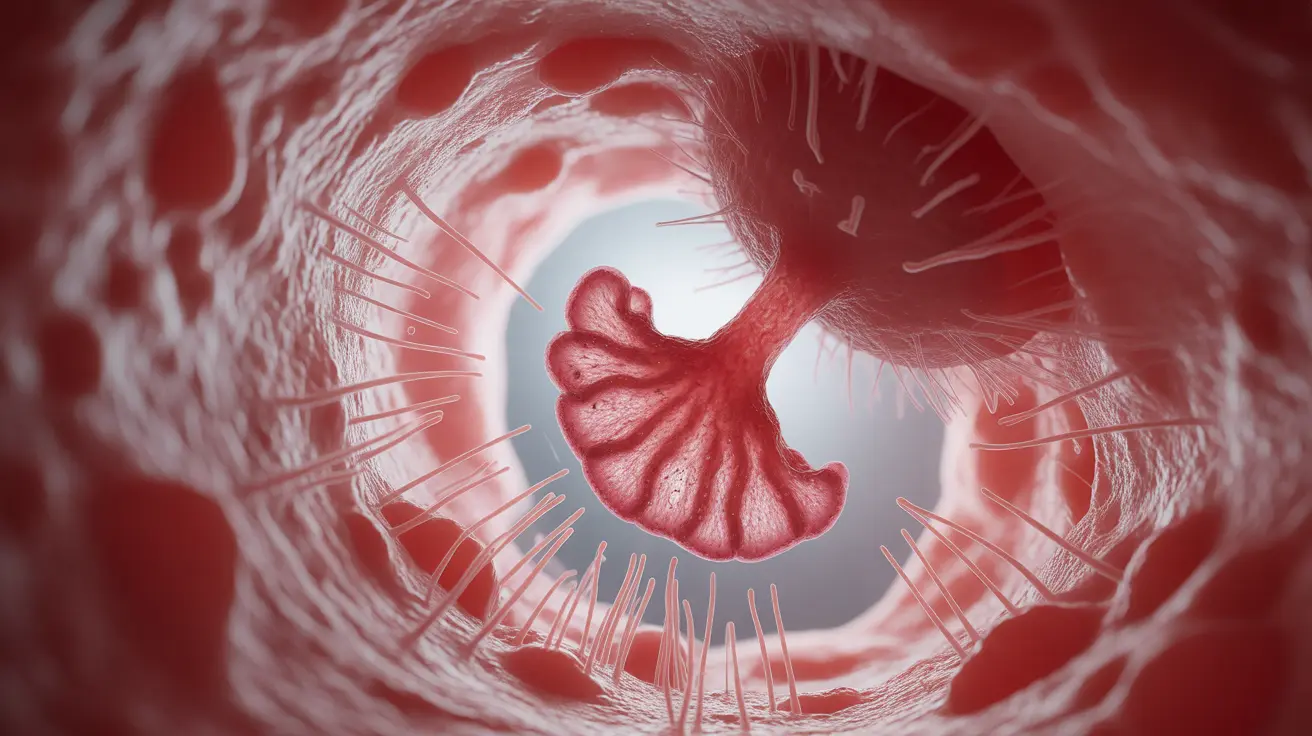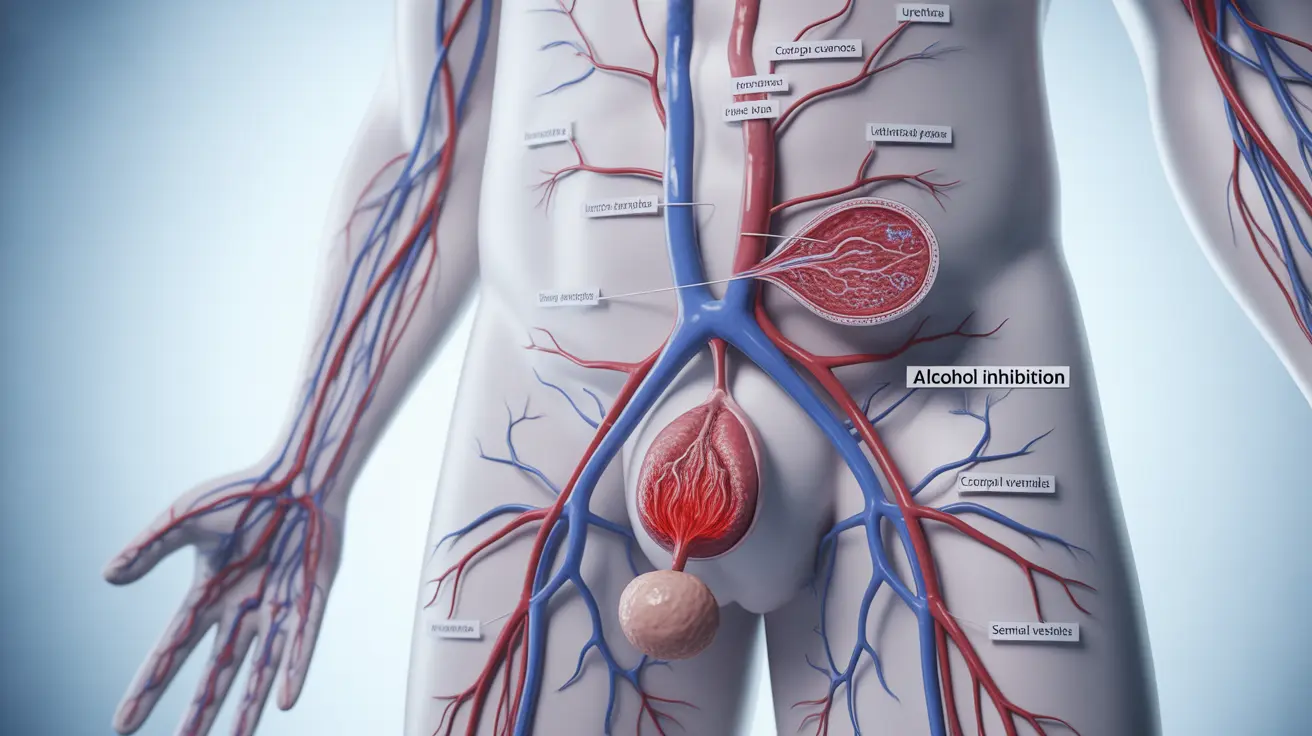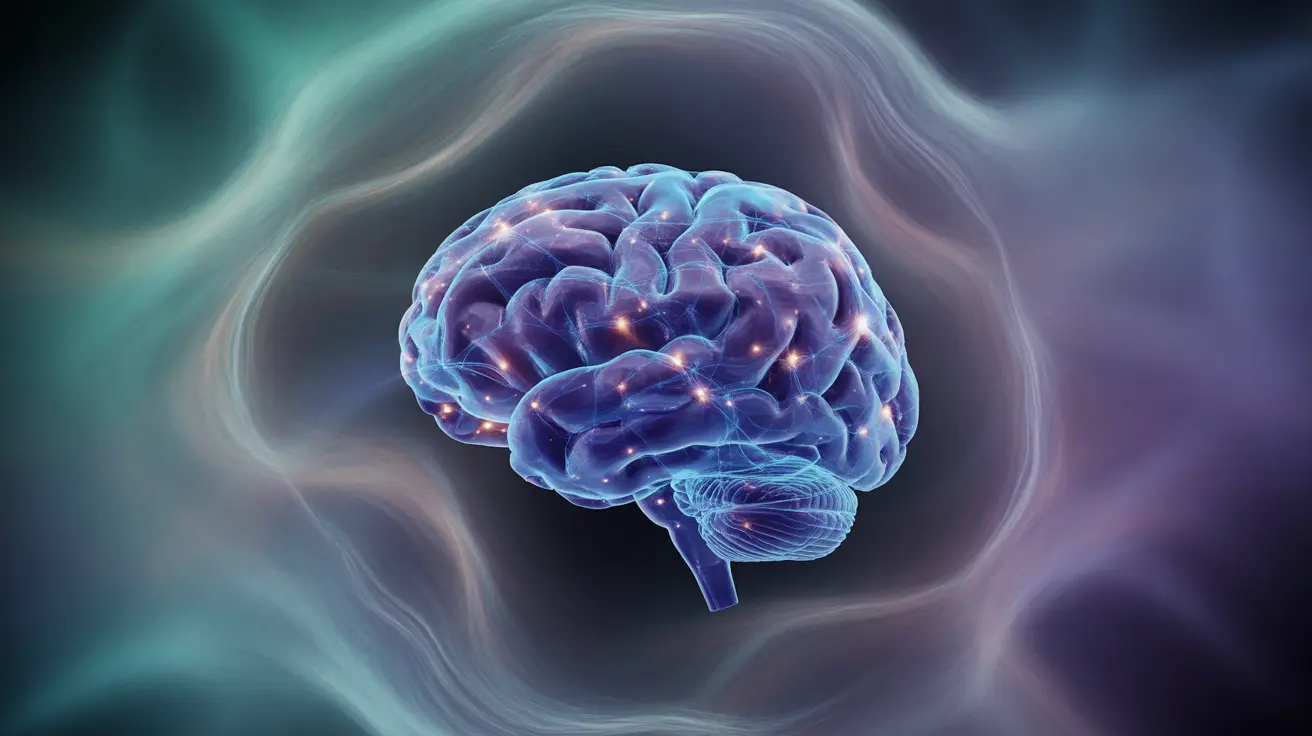Scalp yeast infections can be an uncomfortable and persistent problem for many individuals. These fungal infections, also known as scalp fungus or scalp ringworm, can cause irritation, itching, and even hair loss if left untreated. In this comprehensive guide, we'll explore the symptoms, treatment options, and prevention strategies for scalp yeast infections, helping you understand and manage this common condition effectively.
Understanding Scalp Yeast Infections
A scalp yeast infection is caused by an overgrowth of fungi, typically from the Candida or Malassezia species, on the skin of the scalp. These fungi are naturally present on our skin, but certain factors can lead to their excessive growth, resulting in an infection.
Common Causes of Scalp Yeast Infections
Several factors can contribute to the development of a scalp yeast infection:
- Humid or warm environments
- Excessive sweating
- Poor hygiene
- Weakened immune system
- Hormonal imbalances
- Use of certain medications, such as antibiotics or corticosteroids
- Skin conditions like seborrheic dermatitis or psoriasis
Recognizing the Symptoms
Identifying a scalp yeast infection early is crucial for effective treatment. Common symptoms include:
- Intense itching on the scalp
- Redness or inflammation
- Flaking or scaling of the skin
- Small, pus-filled bumps
- Patches of greasy or crusty skin
- Burning or stinging sensation
- In severe cases, hair loss in affected areas
If you experience these symptoms persistently, it's important to consult a healthcare professional for an accurate diagnosis and appropriate treatment plan.
Effective Treatment Options
Treating a scalp yeast infection typically involves a combination of antifungal medications and proper scalp care. Here are some common treatment approaches:
Medicated Shampoos
Over-the-counter antifungal shampoos containing ingredients like ketoconazole, selenium sulfide, or pyrithione zinc can be effective in mild cases. These should be used as directed, usually several times a week for a few weeks.
Topical Antifungal Medications
For more severe infections, your doctor may prescribe stronger topical antifungal creams or ointments to be applied directly to the affected areas of the scalp.
Oral Medications
In persistent or widespread infections, oral antifungal medications might be necessary. These are typically prescribed for a specific duration and require close monitoring by a healthcare provider.
Lifestyle and Hygiene Adjustments
Alongside medical treatments, making certain lifestyle changes can support recovery:
- Keeping the scalp clean and dry
- Avoiding sharing personal items like combs or hats
- Using gentle, non-irritating hair care products
- Managing underlying conditions that may contribute to the infection
Natural and Home Remedies
While medical treatments are often necessary, some natural remedies may help alleviate symptoms or support treatment:
- Tea tree oil: Known for its antifungal properties, it can be diluted and applied to the scalp
- Apple cider vinegar: May help balance the scalp's pH and has antimicrobial effects
- Coconut oil: Contains lauric acid, which has antifungal properties
- Aloe vera: Can soothe inflammation and has some antifungal effects
It's important to note that while these remedies may provide some relief, they should not replace professional medical advice or prescribed treatments.
Preventing Scalp Yeast Infections
Prevention is key in managing scalp yeast infections. Here are some strategies to reduce your risk:
- Maintain good scalp hygiene
- Use antifungal shampoos regularly if you're prone to infections
- Keep your scalp dry, especially after sweating
- Avoid tight hairstyles that trap moisture
- Manage stress and maintain a healthy diet to support your immune system
- Limit the use of hair products that can irritate the scalp
Hair Loss and Scalp Yeast Infections
In some cases, scalp yeast infections can lead to temporary hair loss. This is typically due to inflammation and damage to the hair follicles. Prompt treatment of the infection is crucial to prevent long-term hair loss. Once the infection is under control, hair growth usually resumes. In persistent cases, your doctor may recommend additional treatments to support hair regrowth.
Frequently Asked Questions
What are the symptoms of a scalp yeast infection and how do you know if you have one?
Symptoms of a scalp yeast infection include intense itching, redness, flaking or scaling of the skin, small pus-filled bumps, and sometimes hair loss in affected areas. If you experience these symptoms persistently, it's best to consult a healthcare professional for an accurate diagnosis, as these symptoms can be similar to other scalp conditions.
How do you treat a scalp yeast infection effectively?
Effective treatment typically involves using antifungal medications, either in the form of medicated shampoos, topical creams, or oral medications, depending on the severity of the infection. Treatment should be combined with proper scalp hygiene and may require lifestyle adjustments. Always follow your healthcare provider's instructions for the best results.
Can scalp yeast infections cause hair loss, and if so, how can it be prevented?
Yes, scalp yeast infections can cause temporary hair loss due to inflammation and damage to hair follicles. To prevent this, early treatment of the infection is crucial. Maintaining good scalp hygiene, using antifungal products as recommended, and addressing any underlying conditions that may contribute to the infection can help prevent both the infection and associated hair loss.
What are some natural or home remedies for treating scalp yeast infections?
Some natural remedies that may help include tea tree oil, apple cider vinegar, coconut oil, and aloe vera. These can have antifungal or soothing properties. However, it's important to note that these should not replace medical treatment for severe infections and should be used cautiously, preferably under the guidance of a healthcare provider.
How can you prevent scalp yeast infections from occurring in the first place?
To prevent scalp yeast infections, maintain good scalp hygiene, keep your scalp dry (especially after sweating), use antifungal shampoos regularly if you're prone to infections, avoid sharing personal items like combs or hats, and manage stress and overall health. If you have recurring infections, consult with a dermatologist for personalized prevention strategies.
By understanding the causes, symptoms, and treatment options for scalp yeast infections, you can take proactive steps to manage this condition effectively. Remember, while many cases can be treated with over-the-counter remedies, persistent or severe infections require professional medical attention. With proper care and treatment, you can maintain a healthy scalp and prevent future infections.




